Decompression Sickness Treatment & Recovery
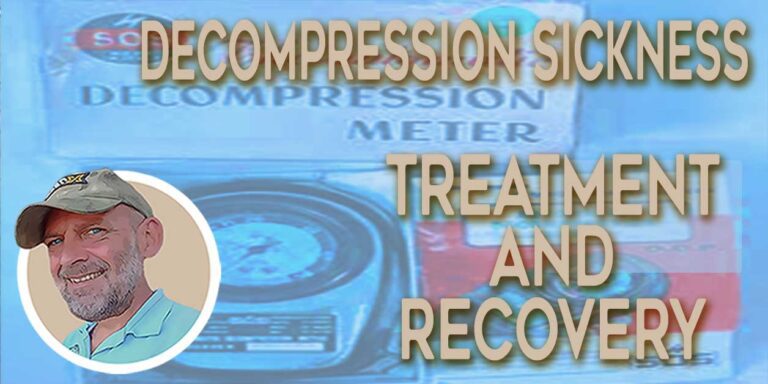
Richard Pyle's educational account of his experience with decompression sickness, treatment & the recovery. A valuable read for divers.

Articles for beginner to expert scuba divers

Articles for beginner to expert scuba divers

Richard Pyle's educational account of his experience with decompression sickness, treatment & the recovery. A valuable read for divers.
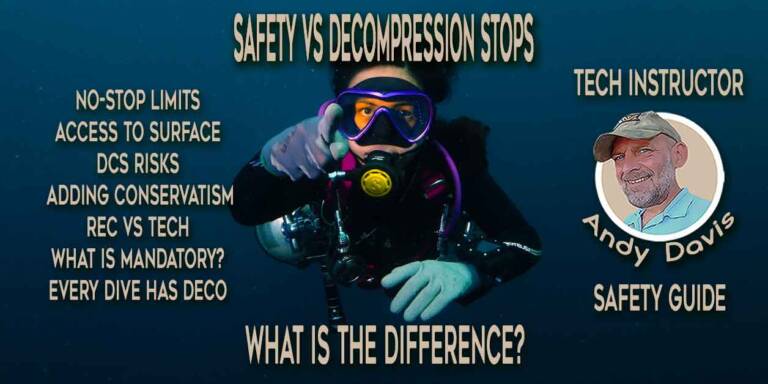
The important distinctions between safety stops & decompression stops in scuba diving. Understanding no-stop limits versus mandatory deco.
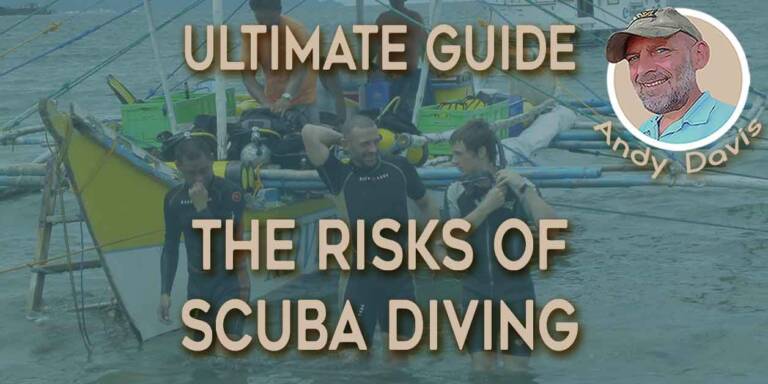
Understand the potential risks of scuba diving and how to minimize them. Learn about the most common dangers and how to stay safe.
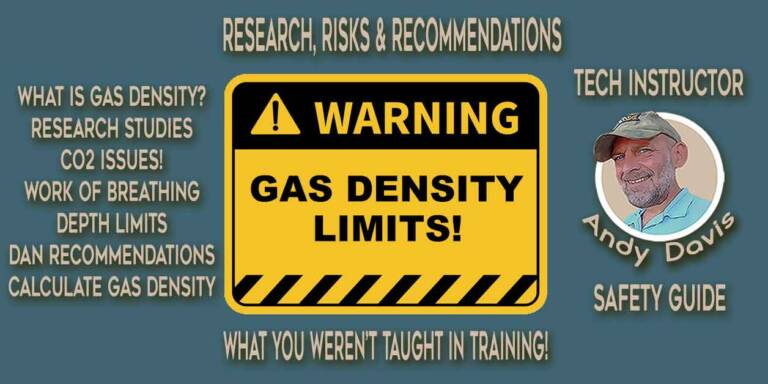
Discover how gas density influences diving safety. Learn about the latest research, risks to divers, & recommended limits for safe dives!
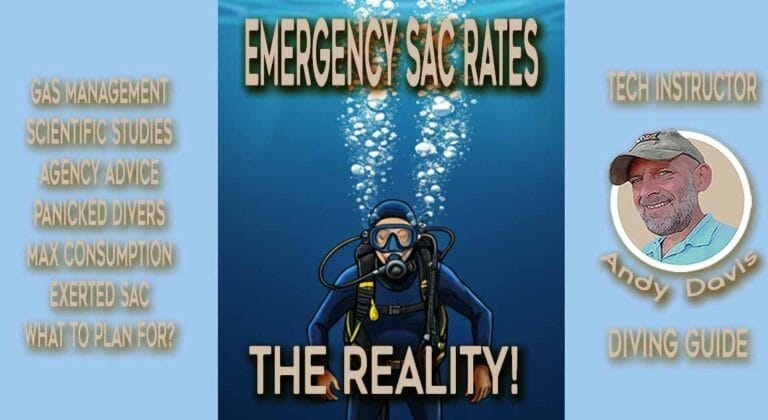
Are you underestimating your dive emergency SAC rates? Studies reveal far higher gas consumption than you'd expected!
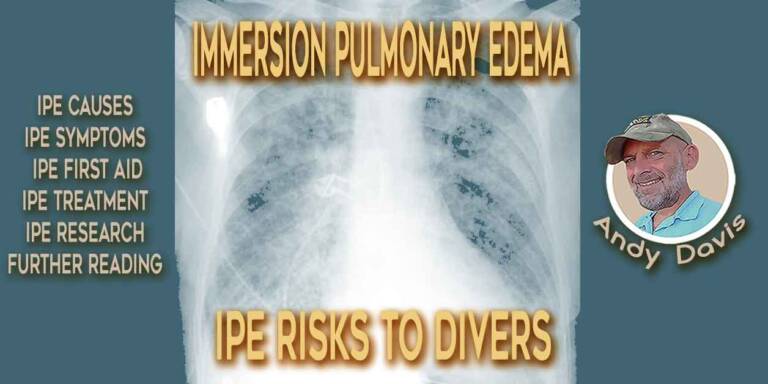
Learn the risks of immersion pulmonary edema (IPE) & understand its impact on divers. Understand the issues of this emerging diving concern!
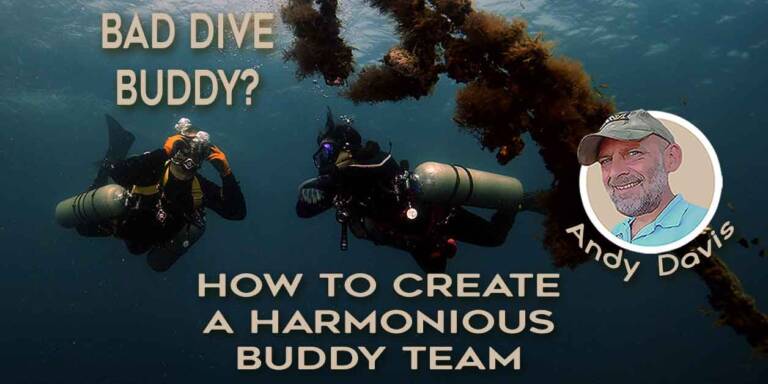
A bad dive buddy is stressful & dangerous. Follow this advice to develop a harmonious buddy system and boost your diving safety & enjoyment!
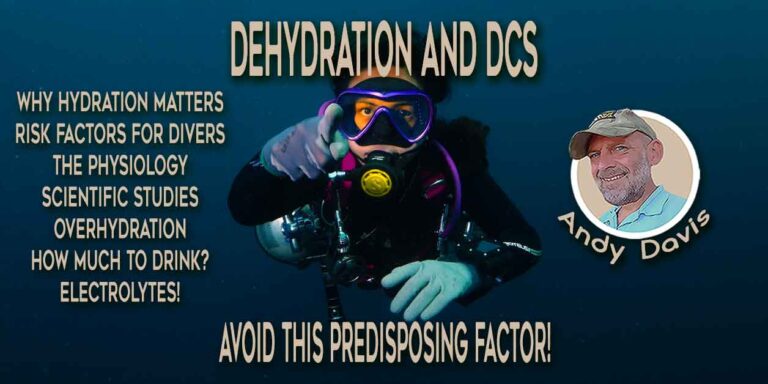
Stay hydrated, stay safe:how to prevent dehydration and DCS in diving. Explore the impact of fluid balance on decompression illness.
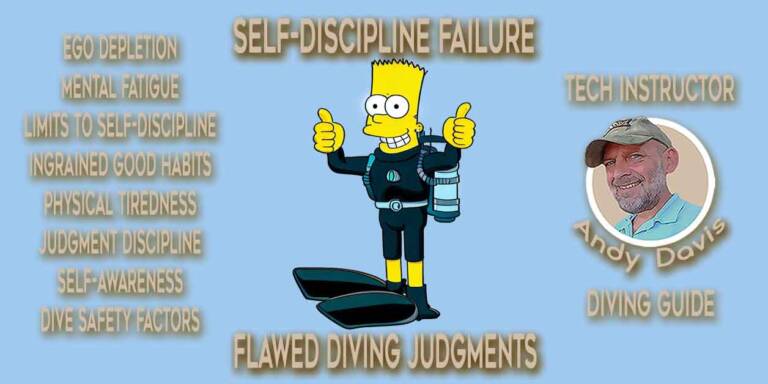
Uncover the psychology behind how failures in self-discipline occur when scuba diving. Learn about Ego Depletion & how it affects you.
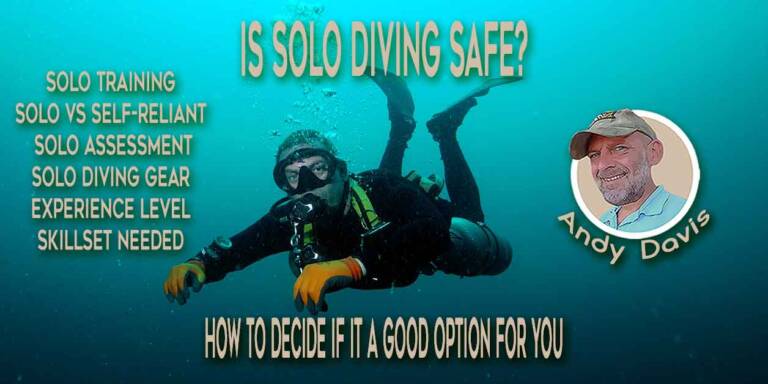
Is solo diving right for you? Explore the safety considerations. preparation & personal factors needed self-reliant underwater explorations.
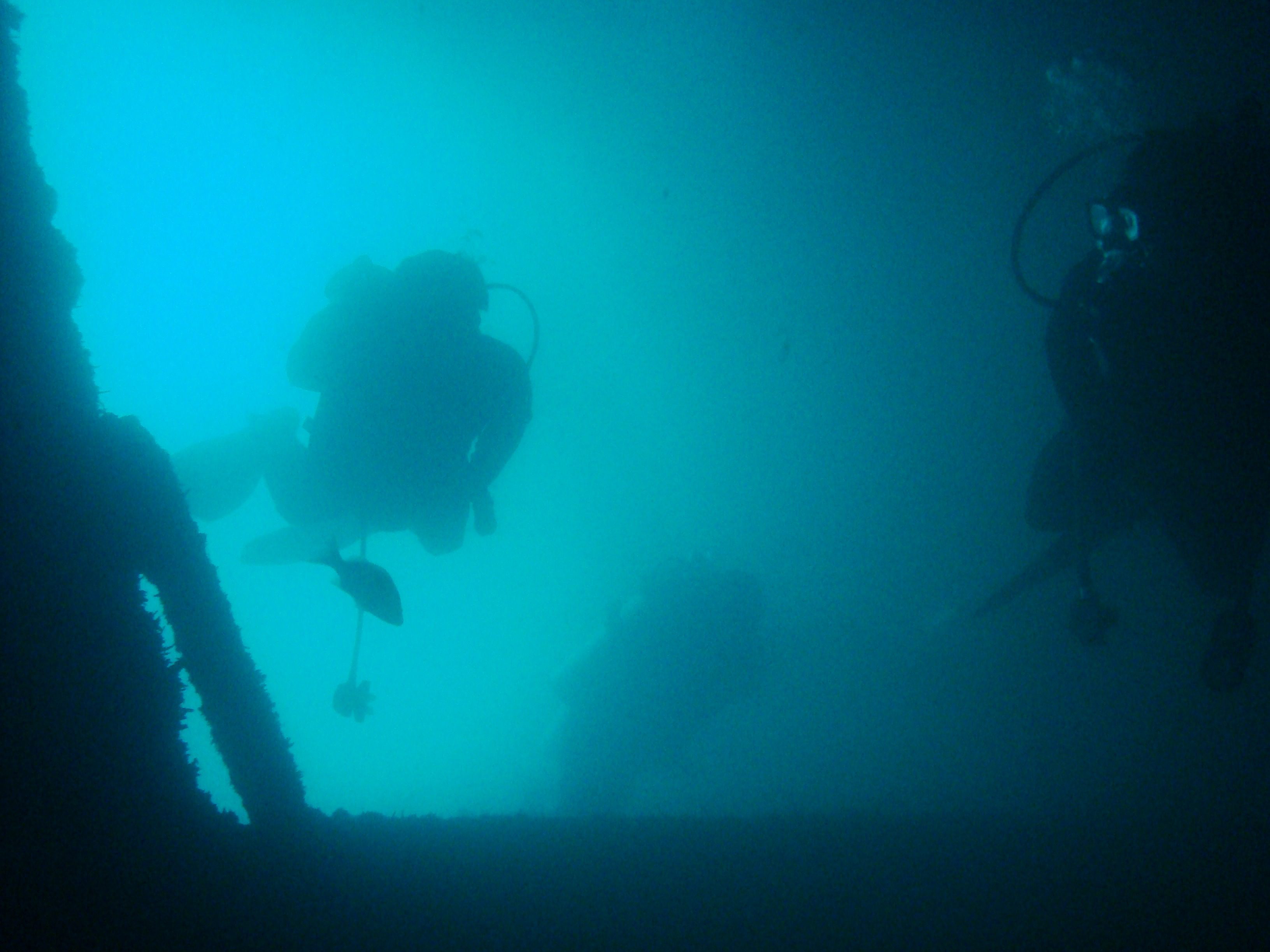
Buddy Separation. An effective diving safety procedure that will minimize the chance of buddy separation and missing divers underwater.
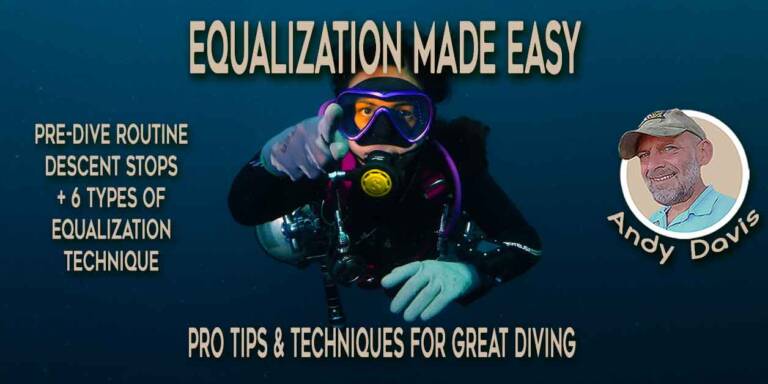
End your equalization troubles! My expert pro-guide provides proven techniques & tips to allow easy and reliable diving descents!
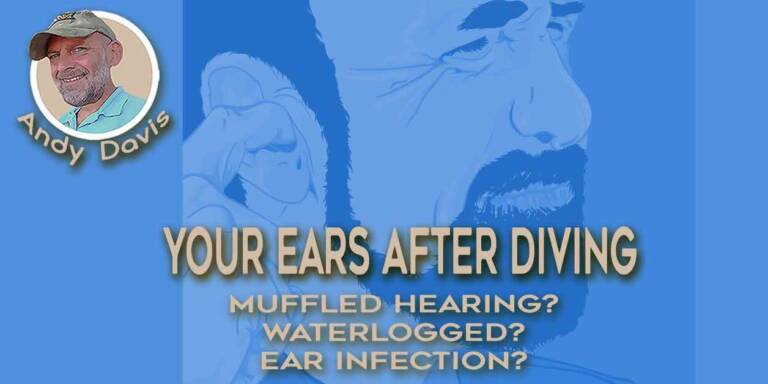
Expert advice for diving ear care. Know the important differences between ear infection, waterlogged ears & muffled hearing after diving!

The effect of micro bubbles when scuba diving. Sub-clinical DCS may not merit a medical emergency, but should be understood and respected.

DCS and the Immune System. How bubbles trigger an immune response that can make or break your body's fight against decompression sickness.
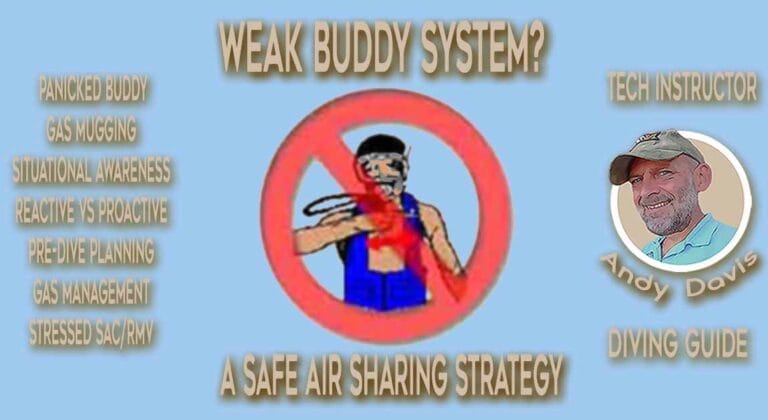
Don't get gas mugged - The role of situational awareness in predicting and avoiding stressful air-sharing emergencies in scuba diving

Decompression sickness types and symptoms. Medical catagorizations of DCS, along with sub-clinical DCS, aka decompression stress.
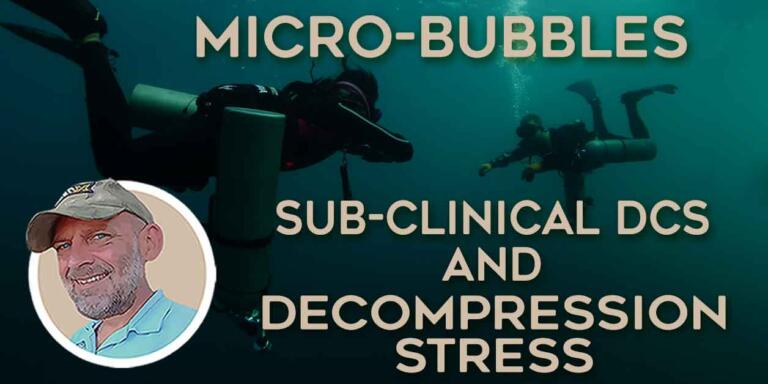
Sub-clinical DCS, decompression stress and post-dive fatigue. The impact of microbubbles on diver vitality and health.

There are three governing factors which determine how deep can you dive using air. Understanding those factors promotes safe gas selection.

A re-published article discussing Sheck Exley's 'Razor' and the consideration of limits for overhead environment and technical divers.
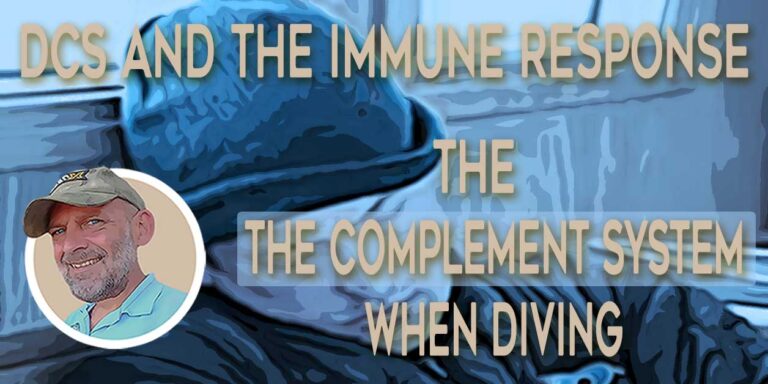
The Complement System and Diving by Dr. Ernest Campbell. The role of the immune response in sub-clinical DCS & decompression stress issues.
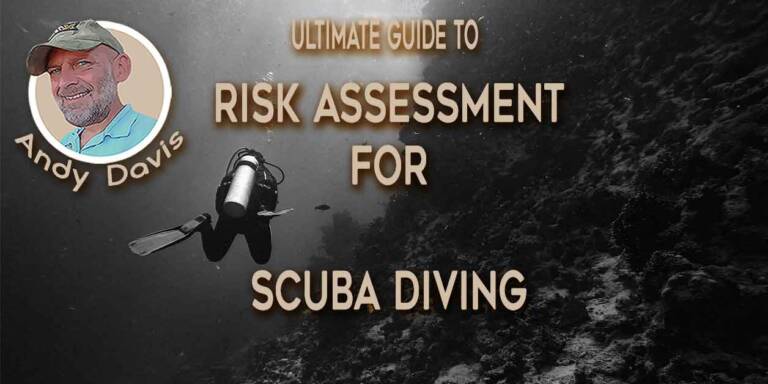
Learn a step-by-step process for risk assessment in scuba diving and why it is vital to ensure your safety as a scuba diver!
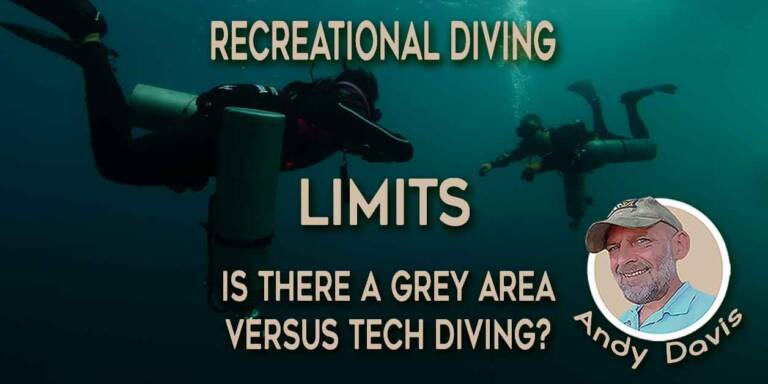
Recreational diving limits become increasingly blurred with technical diving. Why are limits required & how do divers need to consider them?
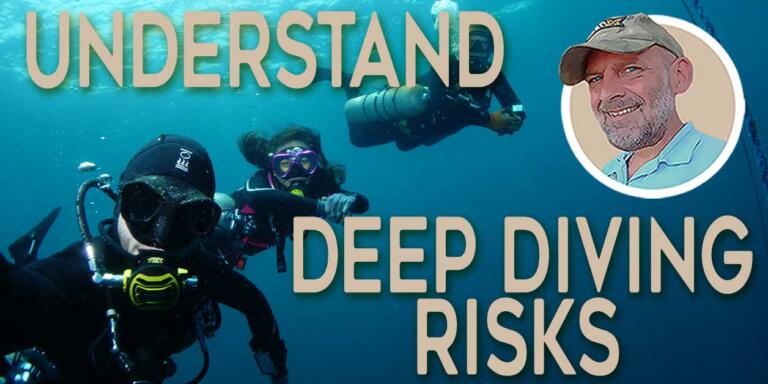
Deep diving risks are badly educated on many dive courses. This article is a comprehensive guide to the hazards of deeper recreational diving.

Assessing critical learning points to help promote increased dive safety. In January 2020, Christine Gauci, a 35-year old technical diver tragically perished in a scuba diving accident in Malta.

The psychology of diving overconfidence exposed. Learn how you are predisposed to overestimating your ability & how that lowers your safety.
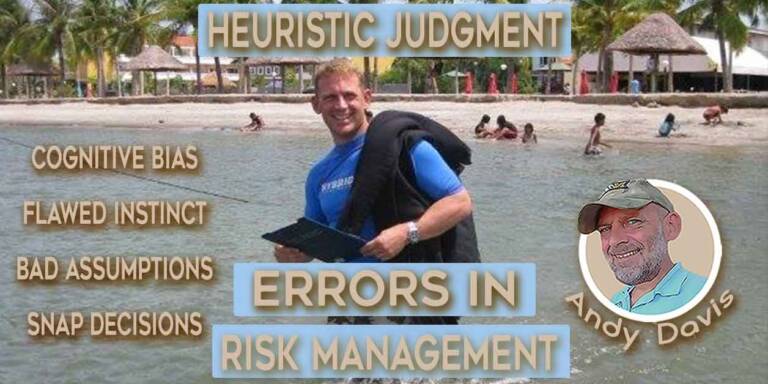
Learn how heuristic thinking harms scuba diving risk management. Read this to safeguard against cognitive biases for safe & successful dives!
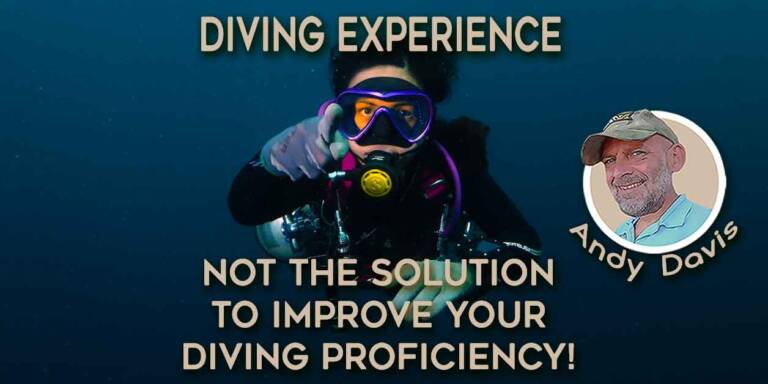
Diving experience isn't the path to mastery. Read this to learn what is really necessary to develop expertise as a scuba diver!
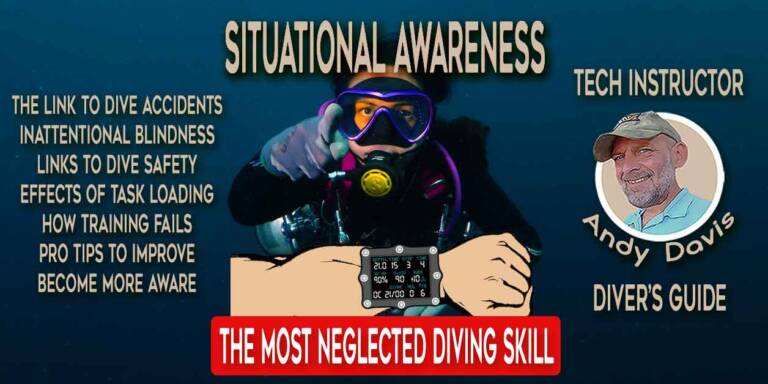
Discover the key to safer diving: situational awareness. How can poor training diminish it? And what steps can you take to improve it?
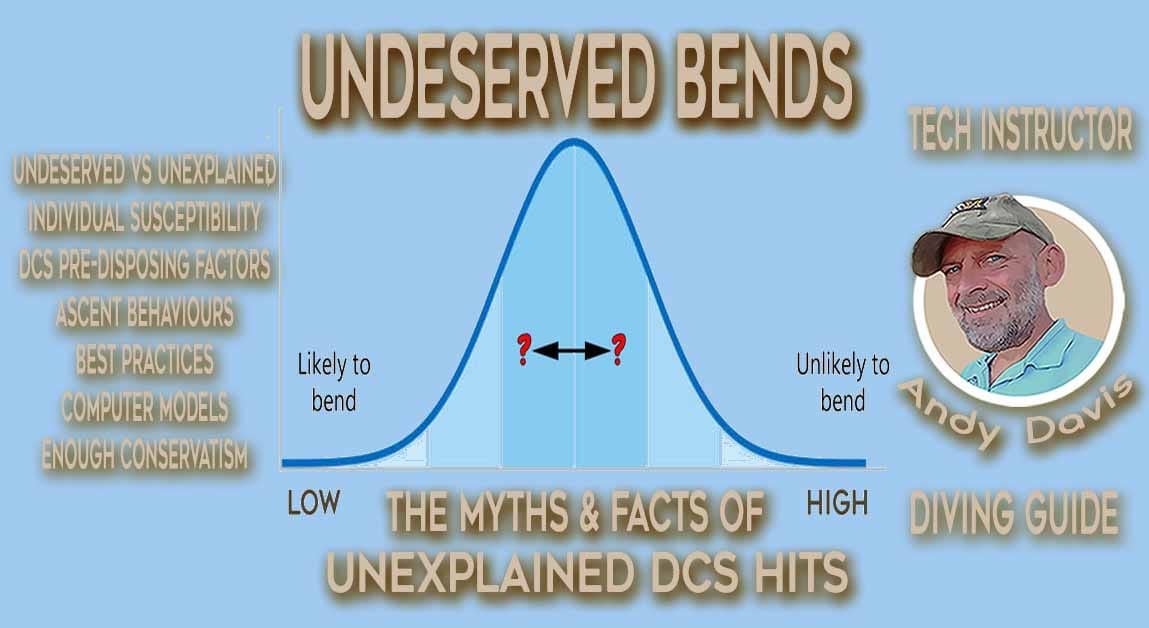
Unexplained DCS hits can leave divers puzzled. Dive into the facts and myths of undeserved bends to understand and mitigate your DCI risks.
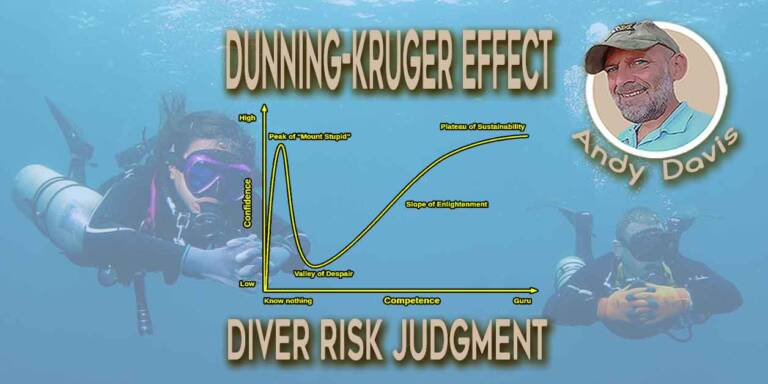
The impact of Dunning-Kruger Effect in scuba diving risk assessment. Dive into the psychology of over-confidence & flawed diver judgment.
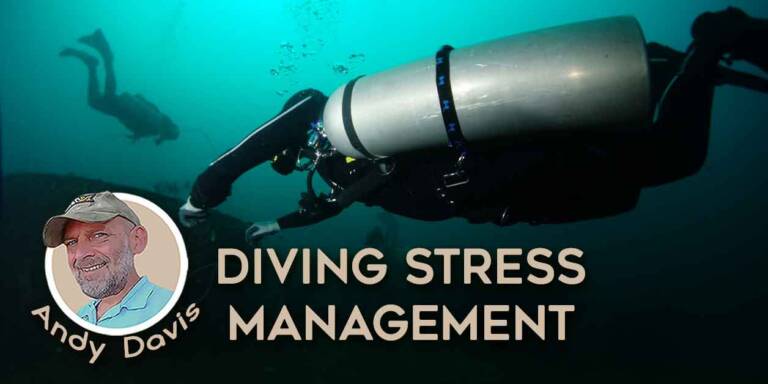
A realistic examination of scuba diving stress management. What does it REALLY take for a diver to overcome panic when a dive goes wrong?
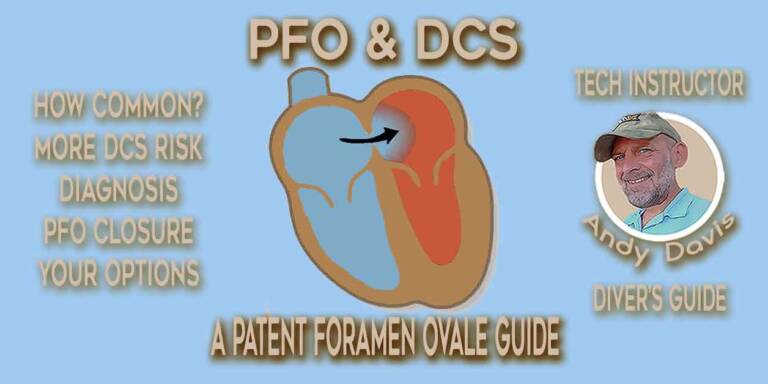
What every scuba diver should know about PFO (Patent Foramen Ovale) and DCS risk. Is your heart putting you at risk?

Did you know that scuba diving anxiety can arise from CO2 narcosis? Learn why descent speed, gas density & exertion can affect your dives!
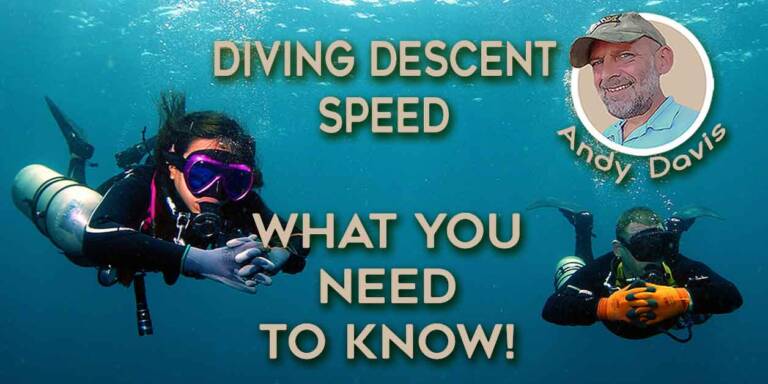
This article has everything that you were never taught about scuba diving descent speed! What effects and issues does the descent rate have?
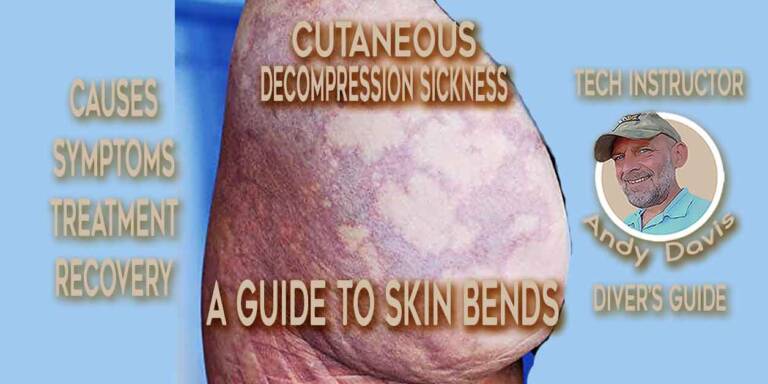
A guide to Cutaneous Decompression Sickness, aka skin bends, that result from inadeqate deco, fast ascent, or PFO issues when diving.
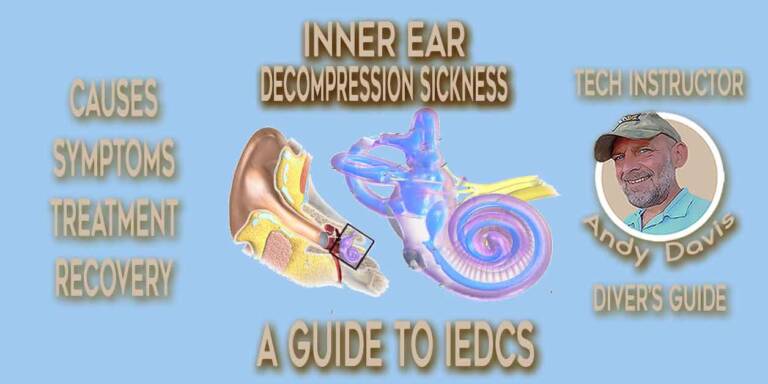
A guide to understanding Inner-Ear Decompression Sickness, aka IEDCS or verstibular bends, that result from IBCD or PFO issues when diving.